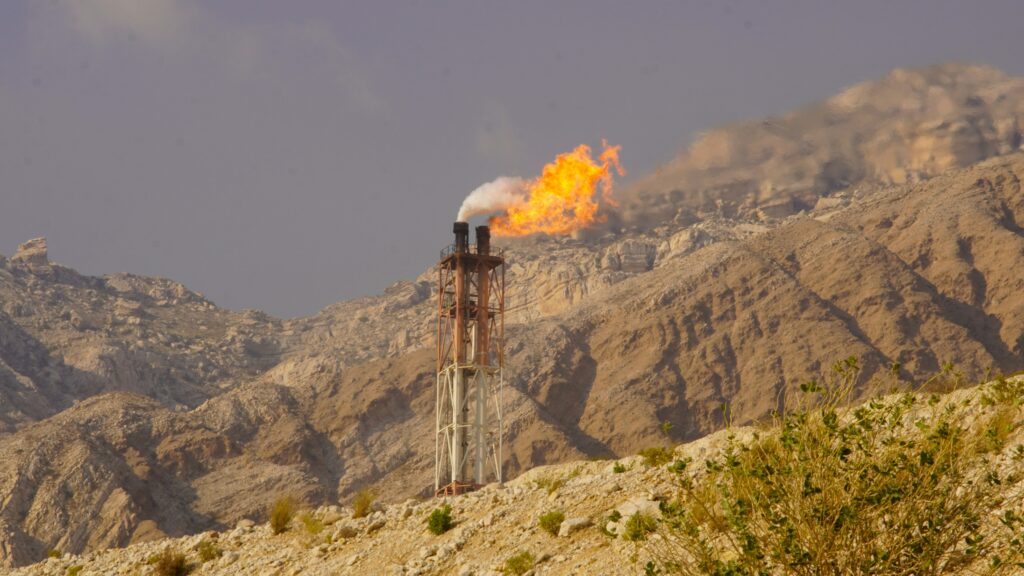TIRANA — Mounting evidence suggests that sanctioned Russian and Iranian interests may be exploiting loopholes in Albania’s infrastructure and trade networks, turning the small Balkan nation into an unexpected back door into Europe’s markets.
Investigations and media reports indicate that through negligence, smuggling, or outright corruption among officials in Prime Minister Edi Rama’s government, entities embedded in Albania’s critical infrastructure have facilitated commercial flows that appear to breach international sanctions.
A report by RBC Ukraine uncovered how banned Russian oil was allegedly smuggled into Europe through Albanian ports. The investigation detailed how vessels docking at Porto Romano near Durrës declared shipments of cement, while in fact carrying hundreds of thousands of litres of undeclared diesel. The fuel, investigators said, likely originated in Russia and Libya, moving through offshore shell companies and regional smuggling routes identified in a parallel Balkan Insight report.
Around the same period, questions arose over another sector of critical infrastructure. A Swiss-based company — whose owners are Turkish-Iranian nationals previously sanctioned by U.S. authorities — allegedly entered Albania’s market through Algeria, maintaining ties to Iran’s Revolutionary Guard Corps. Details of this infiltration were first highlighted in a Hashtag.al investigation, which exposed opaque ownership structures and potential regulatory blind spots within the Albanian system.
Further scrutiny has fallen on Vlora International Airport, a major national infrastructure project touted as a driver of economic growth. Local media revealed that the airport’s operating company is linked to an offshore entity called Compartment Bernina, a Luxembourg-based securitisation vehicle. According to Vox News Albania, the structure allows assets to be transferred outside Albanian jurisdiction, effectively shielding them from domestic oversight. Investigators also identified the project’s representative as having business ties to Russian-linked networks.
The lack of transparency surrounding these operations — and the repeated emergence of Russian and Iranian financial interests in Albanian infrastructure — has raised alarms across the Euro-Atlantic community. Analysts at The GPC warn that despite Albania’s firm NATO membership and Western alignment, weak governance and regulatory gaps have turned it into one of the most vulnerable entry points for sanctioned capital in the region.
Whether born of complacency, corruption, or quiet complicity, these developments suggest that Albania has become a critical fault line in the sanctions wall meant to contain Moscow and Tehran. Unless urgently addressed, this small Balkan breach could widen — with consequences that reach far beyond its borders.



